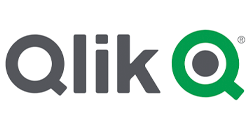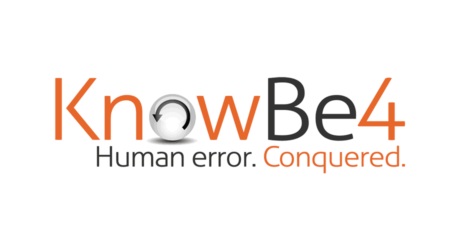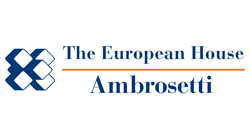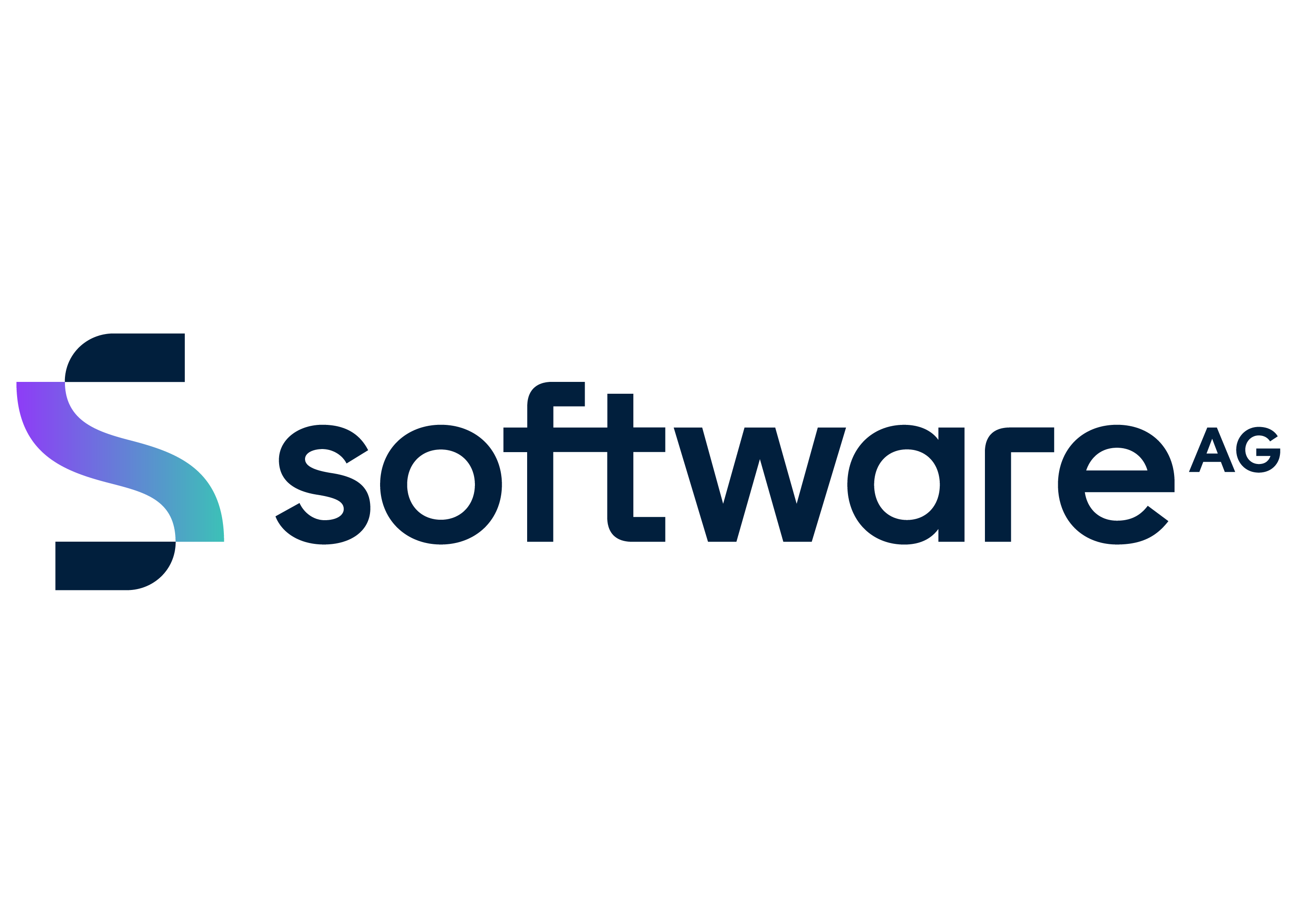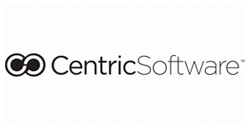INTERNET of THINGS (IoT)
One of the most important concepts that lead to the current digitalization age, to the emergence of the 4th Industrial Revolution is Internet of Things (IoT). Today, many great technology and manufacturing companies develop big projects with IoT. There are many revolutionary examples from smart factories and smart cities to autonomous vehicles.
What is Internet of Things (IoT)?
Internet of Things is defined as "the system established by uniquely addressable mechanical and digital objects interacting with each other via a specific protocol and providing data flow without requiring human interaction". In short, it can be defined as the system created by the network where objects communicate. The most important property of these objects is their ability to transfer physical data to digital media, allowing digital control.
Even though IoT is a trending subject today, it has been part of our lives for a long time. Born as a machine that enabled four graduate students of Carnegio Mellon University to view the stocks of a coke machine from their dorm rooms in 1982 and continued with a toaster known as the first IoT device that connected to Internet with TCP/IP protocol in 1994, Internet of Things began to be used as a term first by Kevin Ashton in 1999.
So, why did this concept that has been part of our lives for years become a popular discussion subject? Why now? Let's list the reasons: • Current state of Internet infrastructure • Decrease in sensor and device costs • Increase in IoT Protocols • Elaboration of IoT Platforms • Development of cloud systems, improvement of calculation and thus facilitation of analysis of the data received by IoT devices • Excitement created by successful projects
What kind of a solution does IoT offer? Creating a digital twin of a physical medium using devices and sensors improves visibility of that medium. And as the objects get more visible, the chances to have control over them increase. Energy is saved, efficiency is improved. For example, the efficiency and power consumption of each machine in a factory can be monitored not just physically on-site, but also online from any location. Moreover, IoT is also the data source of current technologies such as predictive maintenance, artificial intelligence, machine learning, and streaming analytics. Therefore, it is an important step in creating value from such technologies. IoT opens the door to new business models. Insurance companies can bill their services based on vehicle use thanks to IoT, and IoT-equipped vehicles (cars, bikes, scooters) can be rented for desired periods of time without the burden of purchase.
Despite of this great value generated by IoT projects, it is not that easy to succeed in them. Consulta lists the keys of success at these projects:
• Analyzing the physical environment and infrastructure well; selecting the right device, the right network technology and the right sensor • Calculating Return on Investment (ROI) • Ensuring compatibility of the applications with the sector • Starting with baby steps, gaining value fast and enabling expansion in long term • Having full knowledge of IoT solution and understanding this solution's multiple technological steps extending from devices to apps, sensors to cloud systems • Ensuring mutual understanding between the technical and the non-technical stakeholders Defining a common goal • Using sustainable and modern software and hardware technologies
Finally, we as Consulta, recommend and develop customized, sustainable and profitable IoT solutions together with our device partners by considering the perspectives of all stakeholders. And with the contributions of our partner ecosystem, we ensure you to get the best end-to-end solutions for your IoT journey.

 English
English
 Turkish
Turkish
